
By the time Sunday morning rolled around at the 40th Annual Huck Finn Jubilee Bluegrass Music Festival at Cucamonga-Guasti Regional Park in Ontario, California, Friday’s sets had such a meaningful impact on me and Saturday had been such an beautiful, staggering, intense marathon of music, that I could easily see the case for those who wanted to call it a weekend. But much in the way that ours hearts expand to make room for more love, my energy expanded to make room for another full and glorious day at the Jubilee.

One of the greatest gifts I received all weekend came from a new and wonderful friend as I was leaving the festival after The Soggy Bottom Boys on Saturday night. I had considered truncating my Sunday at the festival in the hope of catching up on sleep and writing. But one of the now hopefully lifelong friends I met this weekend said, “Sweetwater String Band tomorrow morning. 11:15. That’s my friend’s band. Be there.” While I immediately saw my tragically grown-up fantasy of sleeping in on a Sunday slowly fade over the dimming horizon, I said to myself, “Well, there’s only so much time we have on this earth to get to see live music. I might as well strengthen the coffee and ride out early.”
Thanks to my new friends and their friends in Sweetwater String Band, that was the best decision I made all weekend. One of my main criticisms of the festival would be that even though Sweetwater String Band did an impeccable job of thanklessly getting the energy level of the festival up on a Sunday morning, everything about their set deserved a larger and more energetic crowd. They absolutely deserved a prime slot on the main stage, and hopefully will be programmed into one next year.
Sweetwater String Band, billing themselves as “Cello Driven High Sierra Bluegrass,” impressed me off the bat with their songwriting and general approach to the genre. Their sound isn’t fundamentally “progressive” per say, except for the fact that they buck the notion of utilizing a fiddle in favor of the cello. I’m not going to lie. When I wrote that last line I realized how bizarre it actually sounds on paper. But on stage it was so lovely and effective it was shocking that it felt like somewhat of a revelation. While I’m surprised no one else had gotten there sooner, my hat goes off to Sweetwater String Band for finding a singular sound that seamlessly melds the sensibilities of traditional and progressive bluegrass. The Huck Finn audience seemed to agree, as I put in my notes that their set was “Going over really well on a Sunday morning.”
I also want to applaud their songwriting, humor, and general stage presence. I really enjoyed how insightful yet approachable so many of their lyrics were, again melding sensibility and genre by tackling blue collar concerns and other themes that are standard fare in bluegrass. Cellist David Huebner was able to serve every lyric by playing in a way that brought out the emotional core of the songs, but added a musical and emotional dimension that made their sound one that’s genuinely innovative. Although I wish their set had been later in the day, they so wonderfully set the stage (pun intended) for the rest of the festival with a stellar version of “Diamonds On the Soles of Her Shoes” which roused the audience’s energy level, even if it was too early on a Sunday to expect much in the way of dancing from anybody. By the end of the set, Sweetwater String Band had cemented their status as the great musical discovery of Huck Finn 2016. Where and whenever it may be, I hope to see them again soon and often.

Up next was Mountain Heart, another band I was looking forward to seeing, as they’ve been around for almost twenty years, yet keep pushing and evolving their lineup and sound to stay as fresh and exciting as possible. It was fitting that one of their highlights was an especially high-octane version of “Maggie’s Farm,” as it makes perfect sense that Mountain Heart would cite the ever groundbreaking and boundary-pushing Bob Dylan as a seminal muse. As of this past weekend, their sound might be best described as a jammy fusion of soul and bluegrass. The band kept engaging with their music and the audience throughout their set in a way that was really intriguing and compelling. With every note, song, or change in musical direction throughout their set, they knew exactly when to challenge the festival crowd, or engage more intellectually with the idea of genre and what these genres might include. And contrastingly, when to satisfy their audience with festival friendly sing-a-long and/or dance-a-long selections of original or cover songs. Personal highlights included their versions of “The Way It Is” by Bruce Hornsby and “Reelin’ In the Years” by Steely Dan.
Fiddle player and vocalist Molly Cherryholmes deserves to be recognized as one of the MVPs of the entire 40th Annual Huck Finn Jubilee. The five-time Grammy nominee is equally at home playing music ranging from traditional bluegrass to electronic rock, and fusion music of all stripes in between . It was such a gratifying experience to be able to listen to such an accomplished instrumentalist and spend the whole set on the edge of your seat wondering what they’re going to play next. What Chris Thile has spent his career doing for the mandolin is exactly what Cherryholmes has done and is doing on fiddle. While much of her career has been spent playing either in larger bands or in service of established performers, she should rightly be considered among those at the pinnacle of her instrument and craft. More to the point, she should already have at least one Grammy to her name. Hopefully her tenure with Mountain Heart will change that post haste.
I don’t get Elephant Revival.
There. I finally said it. And I’m sorry.
But I’ve now seen them open for Josh Ritter and play the Huck Finn Jubilee. I feel like the range of people I know who all seem to genuinely love them can’t possibly be wrong. And discerning music lovers whose taste I trust not only love them but described their set as a spiritual experience, and I keep bending over backwards thinking that they must have a point. But I don’t get it.
I mean I REALLY don’t get it.
This might be the band that I’ve tried to the hardest to like, and for reasons that baffle me that dog keeps refusing to hunt. I think the thing that frustrates me the most is that I often feel that on paper I should love them. But I just don’t. For whatever reason, whenever they play, all I hear is a bland execution of sonic jamband music, and what I think this sort of music must sound like to the people who hate it. As much as I appreciated when the Della Mae ladies sat in toward the end of the set, I had spent almost the entire set up to that point straining to enjoy myself but coming up short. I began asking myself at one point if their whole act feels like a series of hipster affectations. While I’m not convinced that it is, the fact that their regular instrumentation includes a saw and a washboard, for reasons I haven’t been able to discern, might be part of my issue here. But for whatever reason, I still don’t get it.
READ THE REVIEW OF ELEPHANT REVIVAL’S “PETALS” HERE
Collectively, the next couple of bands didn’t provide much to write home about. Next up was the twice Grammy-nominated Dailey & Vincent. As should have been expected, they basically played the standard fare obligatory gospel set one expects to hear at a festival on a Sunday morning. It occurred to me at the time that if they had switched slots with Mountain Heart, both bands, the audience, and the entirety of the day at the festival would have been much better served. I understand that Dailey & Vincent are bigger names and they did exactly what they were there to do. And I’m sure if they had played earlier in the day their set would have been well-received and felt lovely. But by that point, the general energy and vibe of the festival had moved on. As far as I could tell, as the festival got later and later into the day, more of the traditionalist were calling it a weekend and the audience and energy become more focused on those who were primarily there (at least for the day) to see The Punch Brothers. That made the Dailey & Vincent set feel even more tone deaf to the overarching vibe of the festival at that point, and served less a meaningful set of music and more like and extended nacho and moonshine break between the other bands.

The Infamous Stringdusters were also a non-starter for me, though they seemed more beloved by the crowd as a whole than my personal response might suggest. I found most of their set to be broadly too similar to what I thought The Punch Brothers might be doing, and the quality of the music to be a mere fraction of that of the band that I knew was about to follow. My issues with their set would be best exemplified by their crowd-pleasing (theoretically) version of “Highwayman.” Jimmy Webb’s lyrics to that song deserve to be thought of as a sacred text, giving country music it’s answer to The Odyssey or Gilgamesh. Yet somehow, The Infamous Stringdusters managed to make it feel entirely banal and uninteresting. So that was too bad. For better or worse, although the audience demanded an encore, this was the one act denied that by the festival, as they wanted to ensure The Punch Brothers would be starting on time.

Which they did, thankfully enough. Although, for better or worse, the set felt like an addendum or adjunct to the bold and potent artistic statements that comprised their last album and tour, The Punch Brothers did more than enough to remind everybody that everyone in the band is among the best in the world and their respective instruments, and they’re among the “tightest” bands and greatest live acts in the world. I spent their entire set taking copious notes, and I feel strongly that one of the highest compliments I can pay a band is to say that I feel that their set was worthy of that level of devoted and dedicated attention.
It had been over a year since I had last seen them live. And the main thing that kept catching my ear is how their harmonies have evolved in the interim. Chris Thile (effectively The Punch Brothers founding member), has a long history of trying to figure out what in his musical arsenal is most lacking, and then spending up to eight hours a day working on it. As he kept engaging in multi-part harmonies with the rest of the band, especially guitarist Chris Eldridge and bassist Paul Kowert, it felt like they had made a concerted effort to focus on harmonies this year. And that focus was paying stunning dividends. Although the setlist wasn’t too bold a departure from last year’s, as most of it still featured songs from the band’s last two studio albums, it was nice to hear songs from them rotating into the set. These included “Forgotten” from “The Phosphorescent Blues” and the title track from “Who’s Feeling Young Now?”
I also paid close attention to all the solos (as did everybody, as far as I could tell) and found them to be the festival’s best. The whole band was as loquacious, appreciative, and jovial as ever. Their set was so well received that I overheard someone say, “This is really not fair to the other bands.”

After The Punch Brothers went fifteen minutes over their scheduled ninety-minute allotted time, though everyone there wished they had played all night, festival figurehead Joe Craven closed out the whole weekend with some lovely closing remarks.
And with that, the 40th Annual Huck Finn Jubilee Bluegrass Music Festival was in the books. I had so much fun over the course of the whole weekend that I’m already stoked for the 41st. Here’s looking forward to seeing everyone there. Hopefully, as Jerry would say, “I’ll meet you at the Jubilee.”

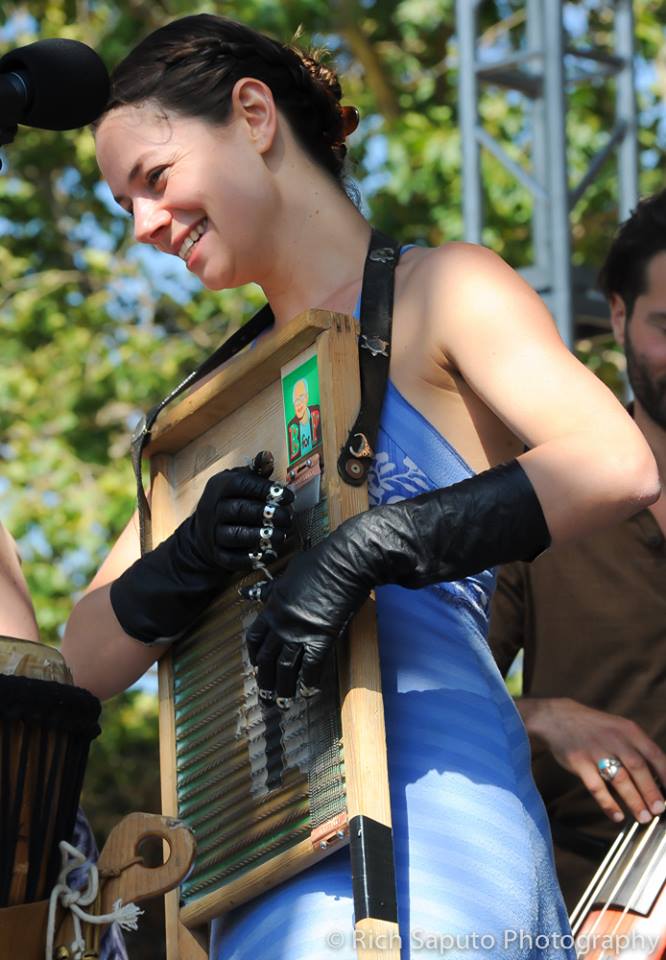
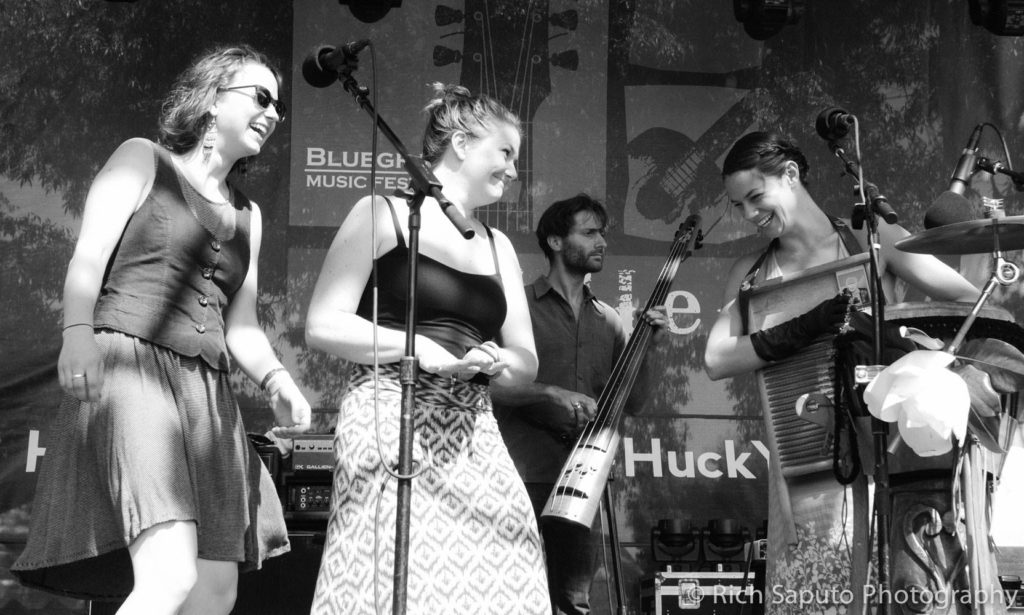
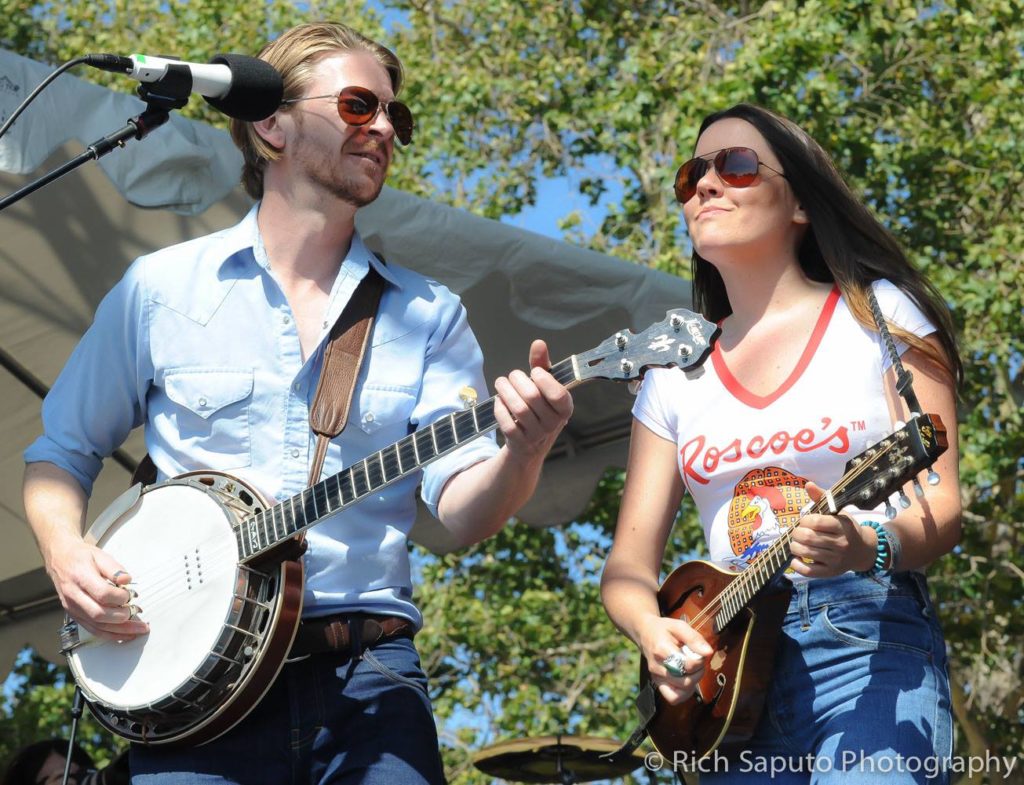
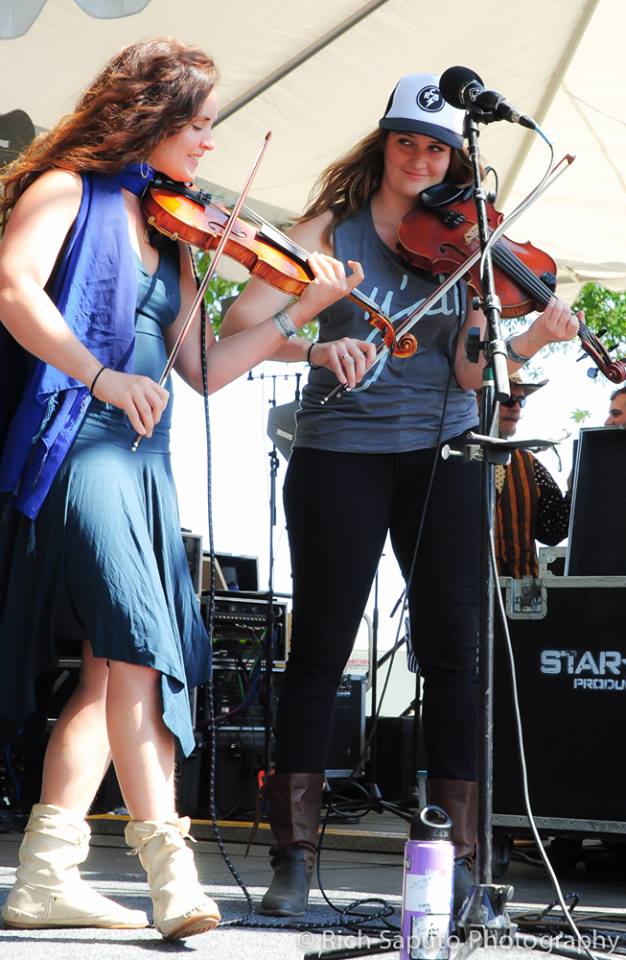
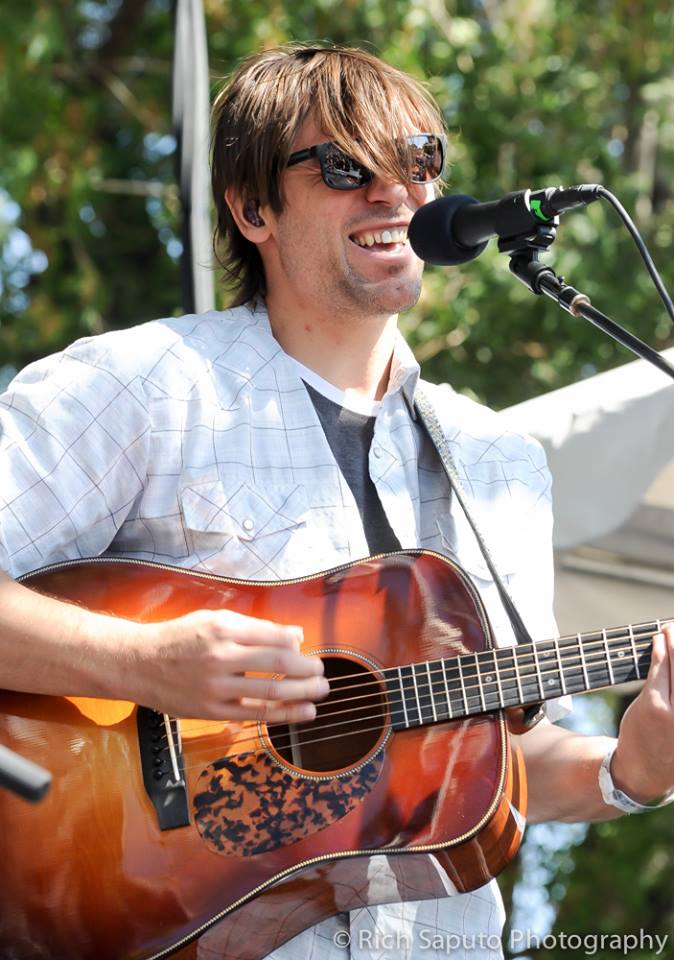
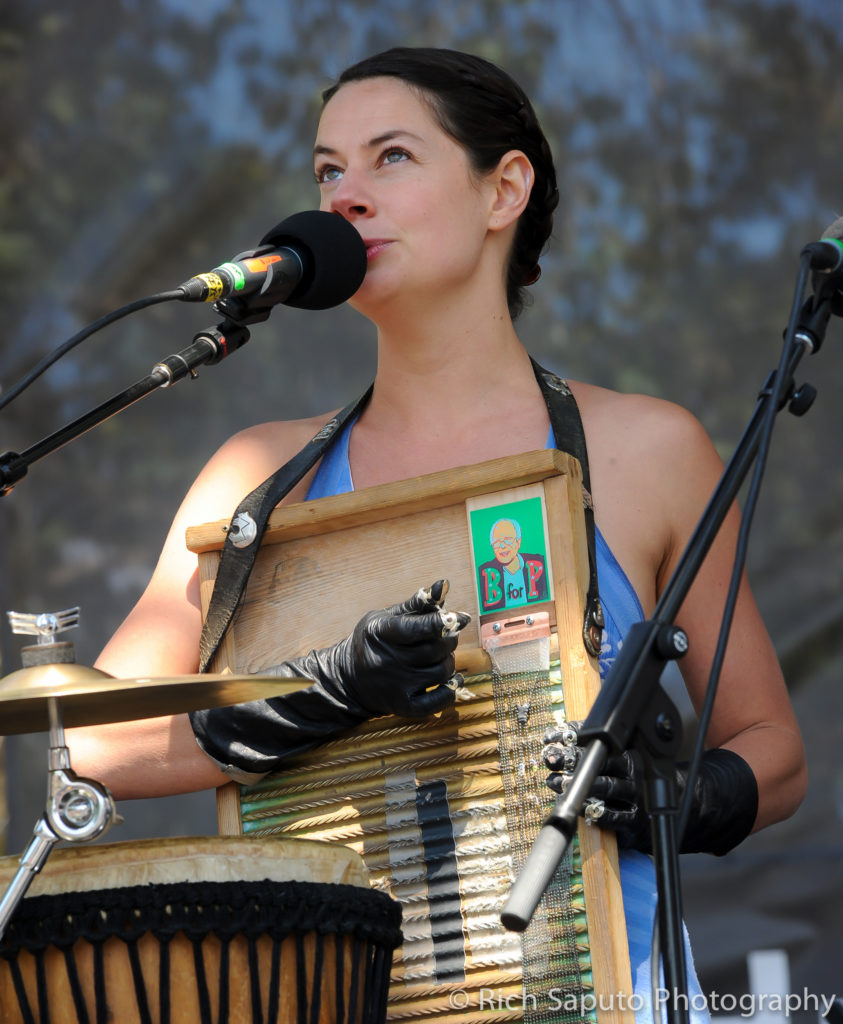
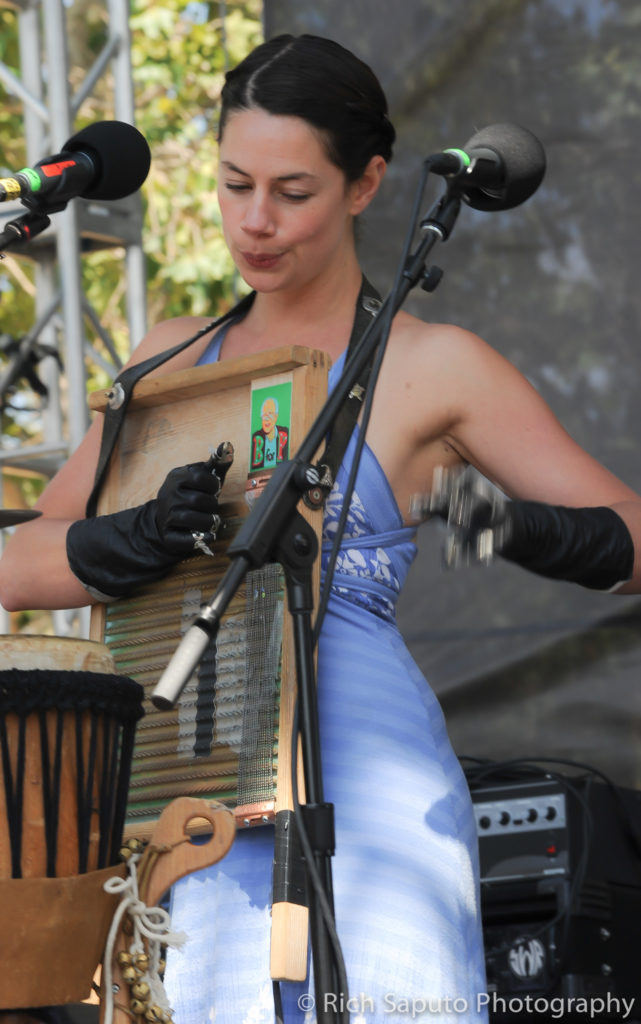
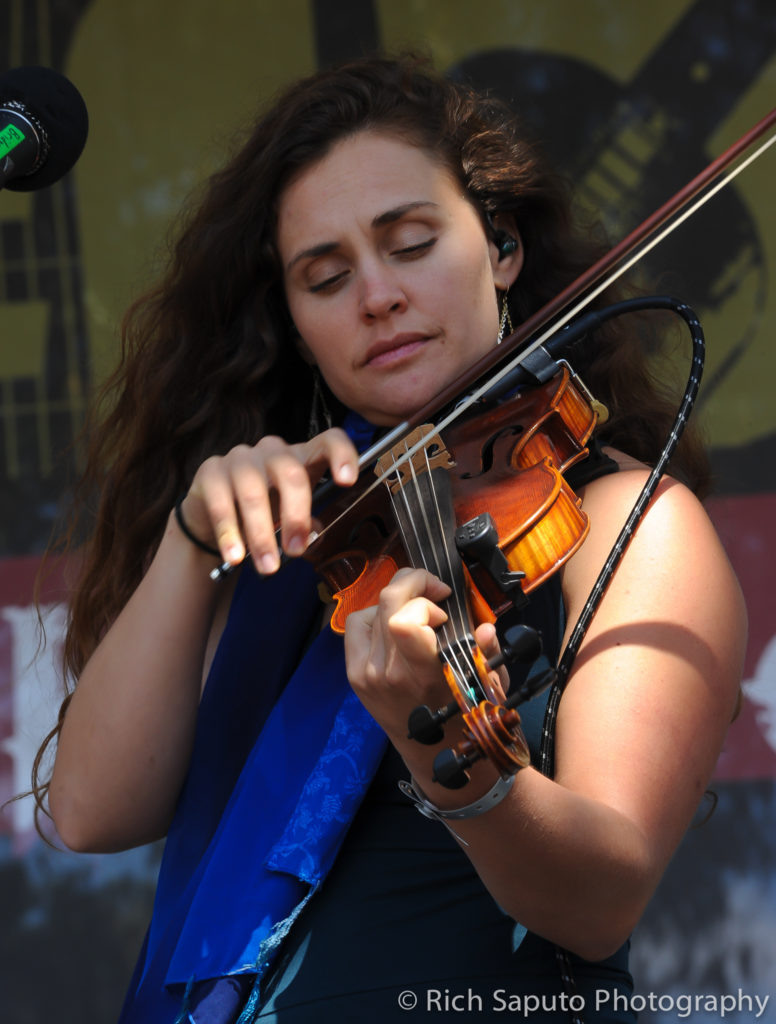
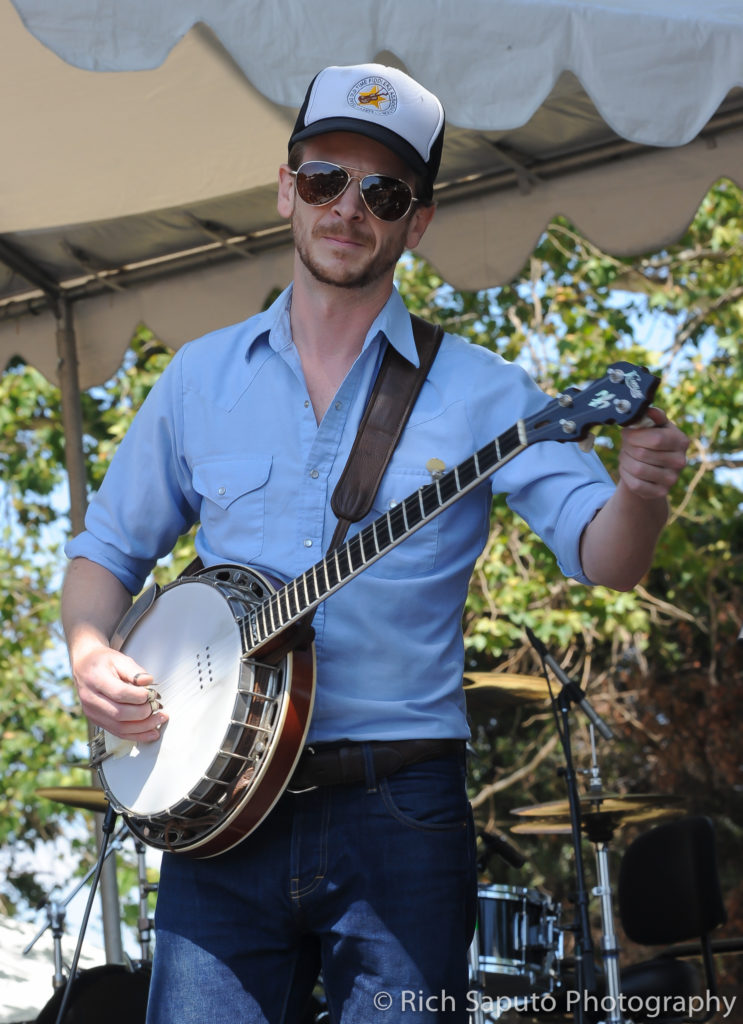
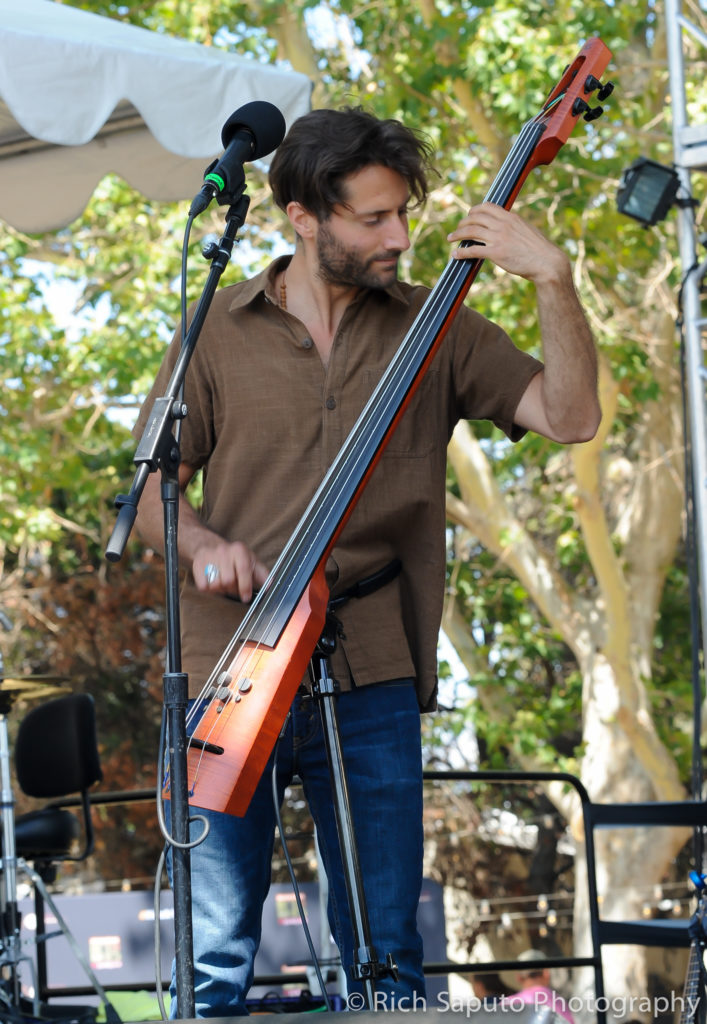
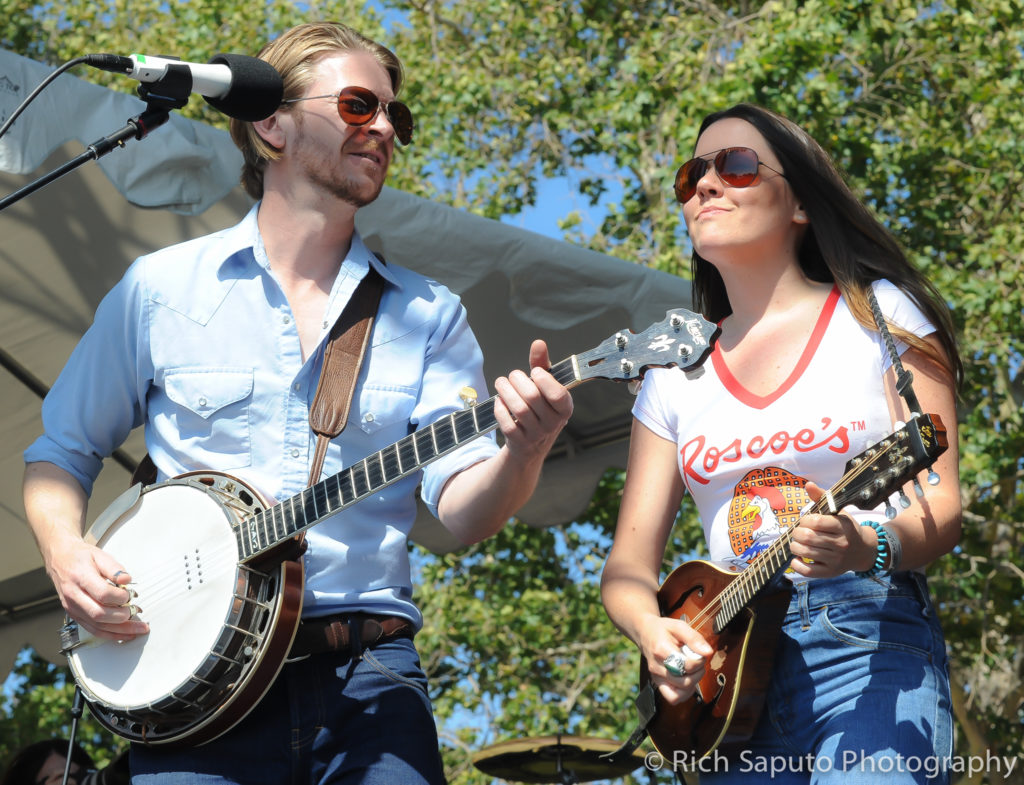

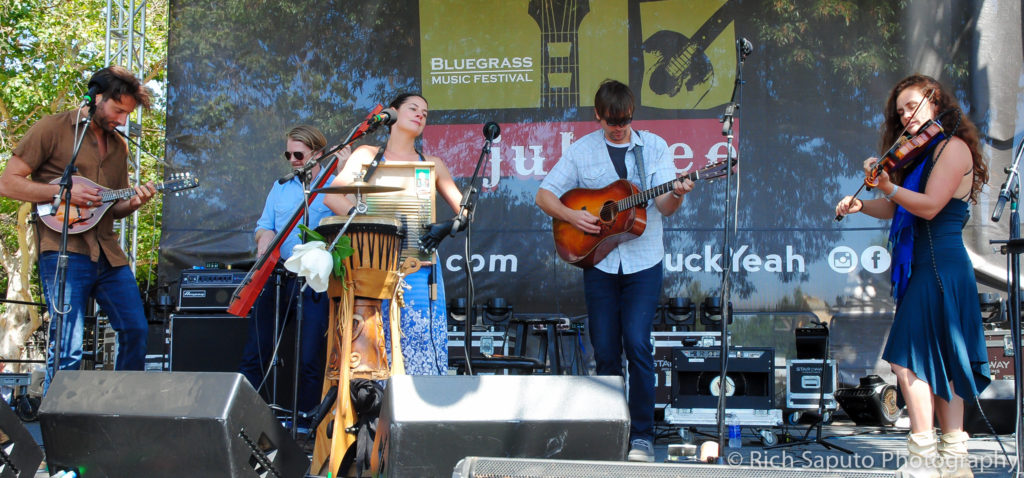
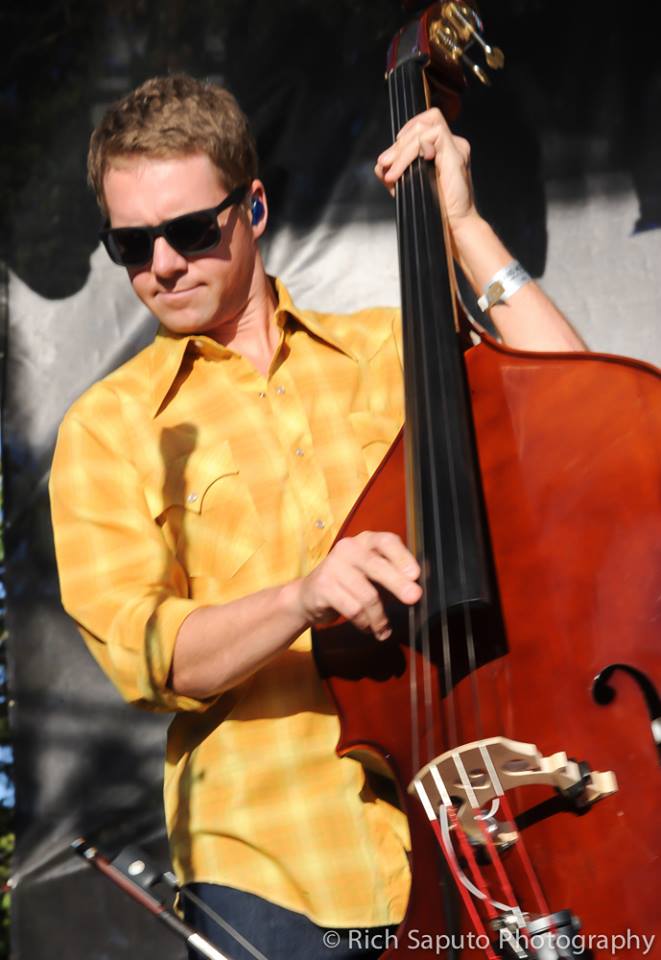
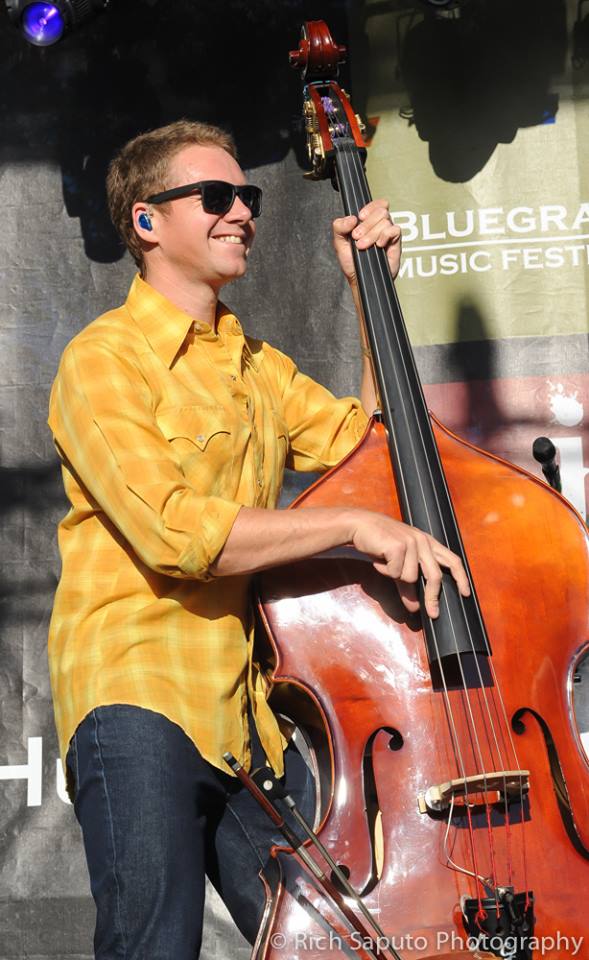


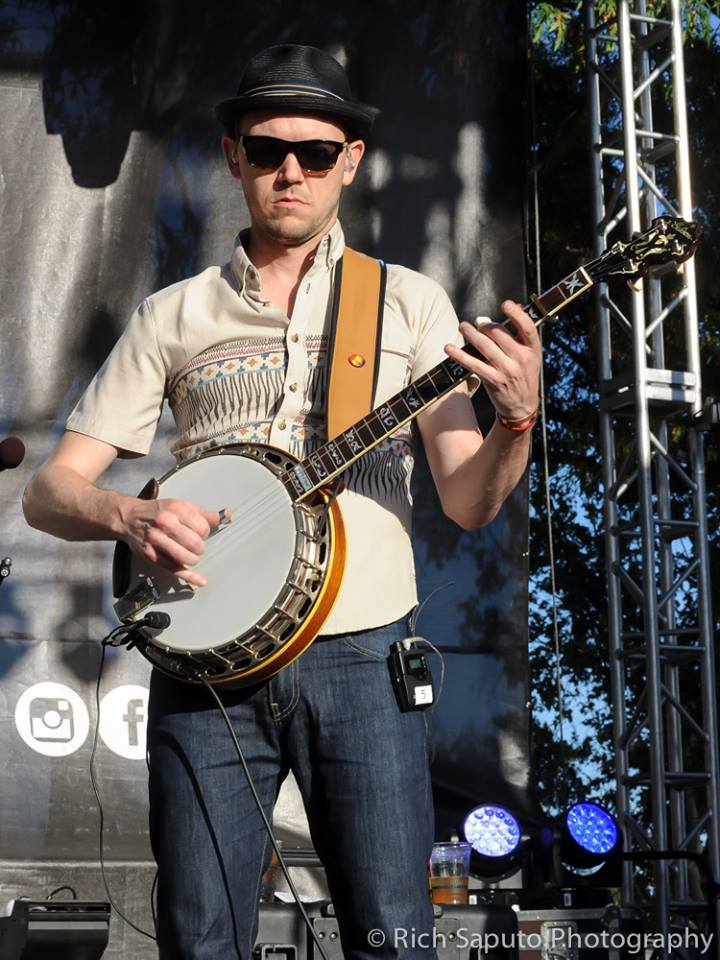
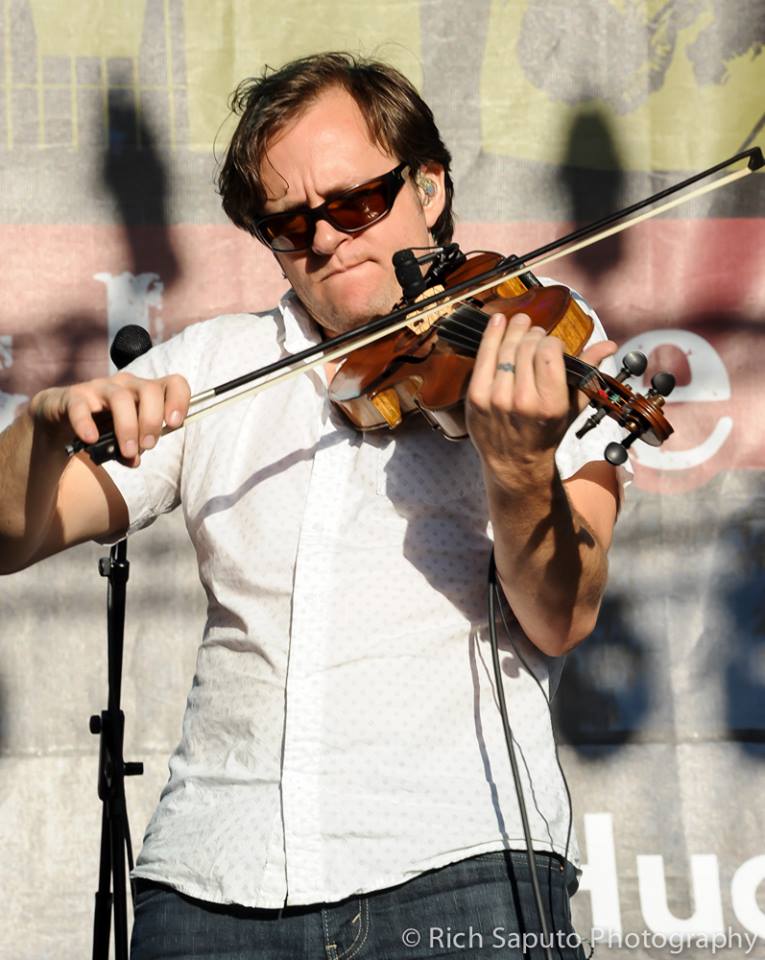
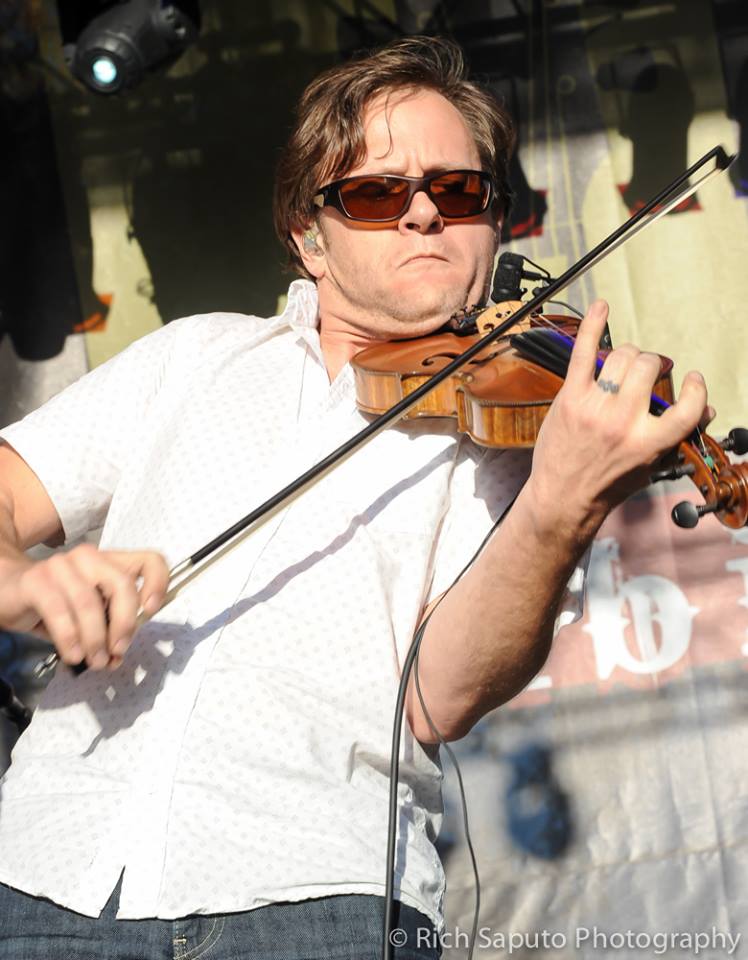
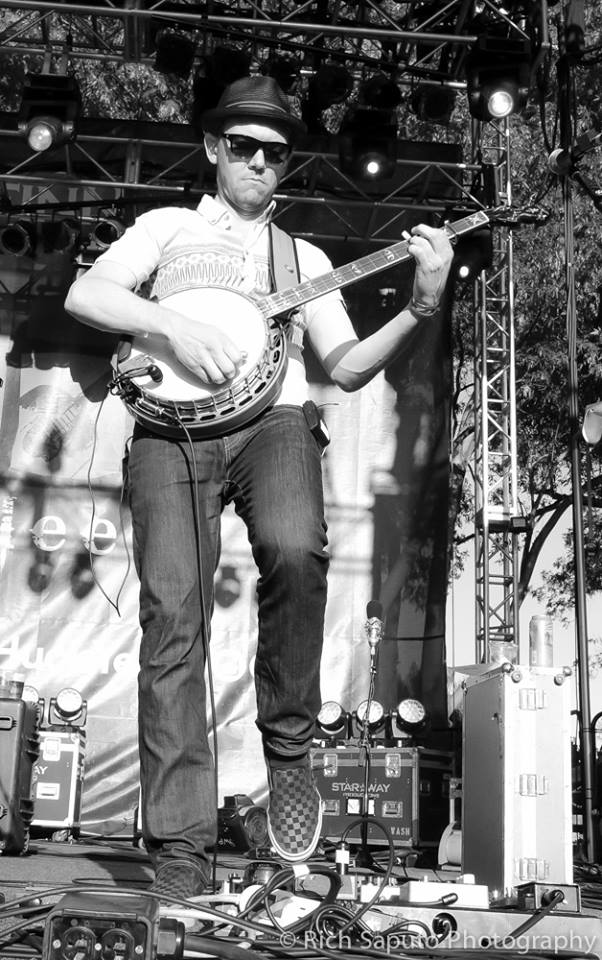
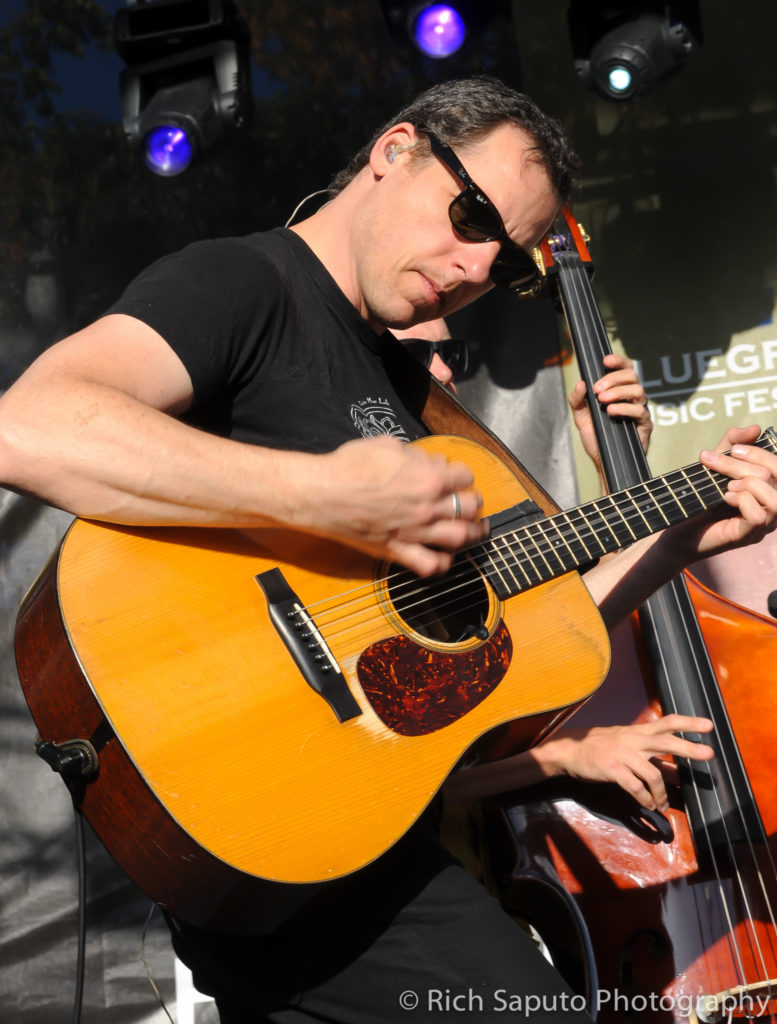
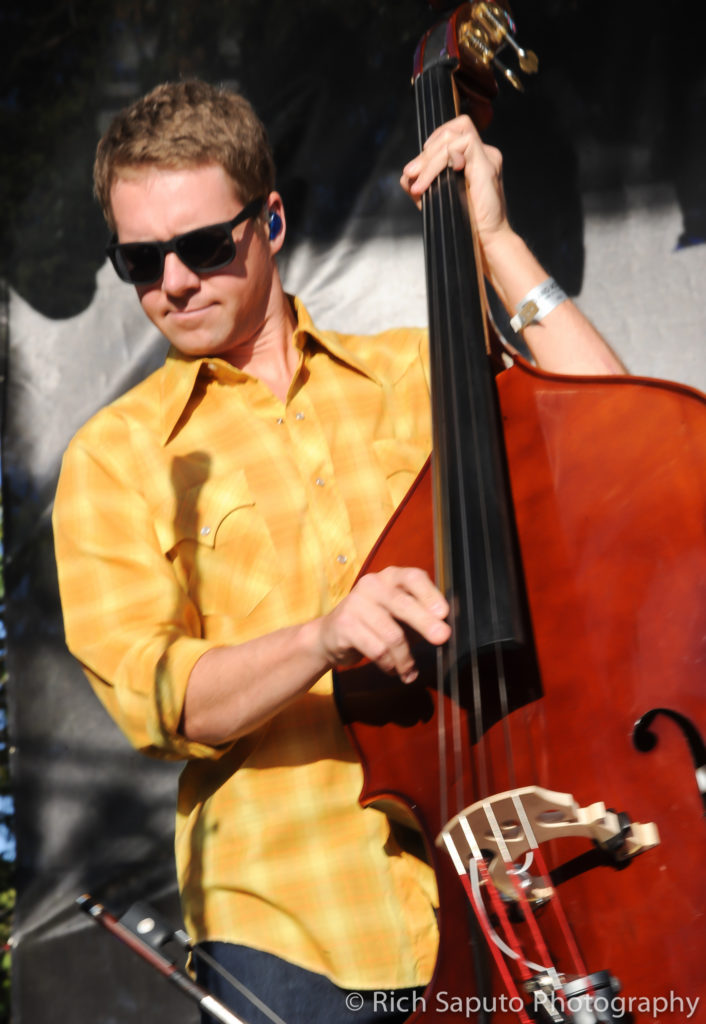
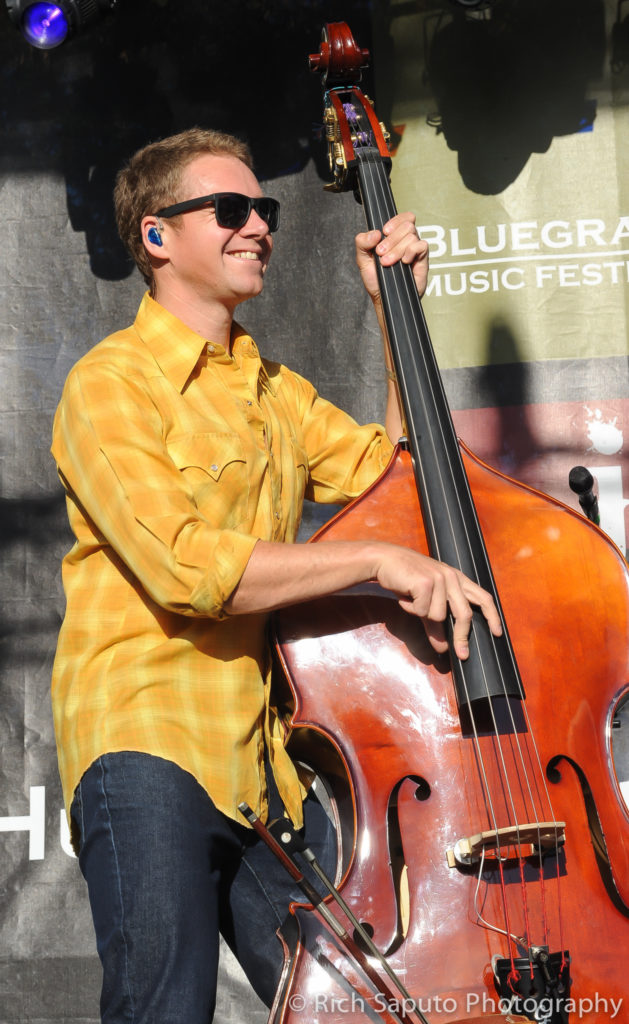
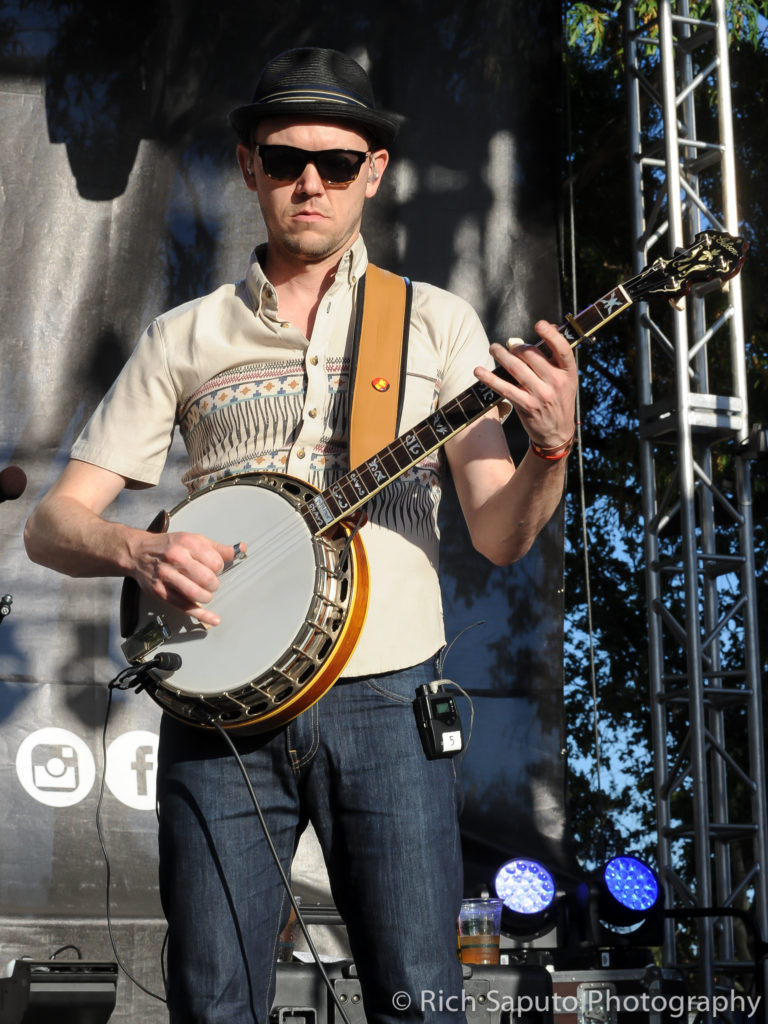
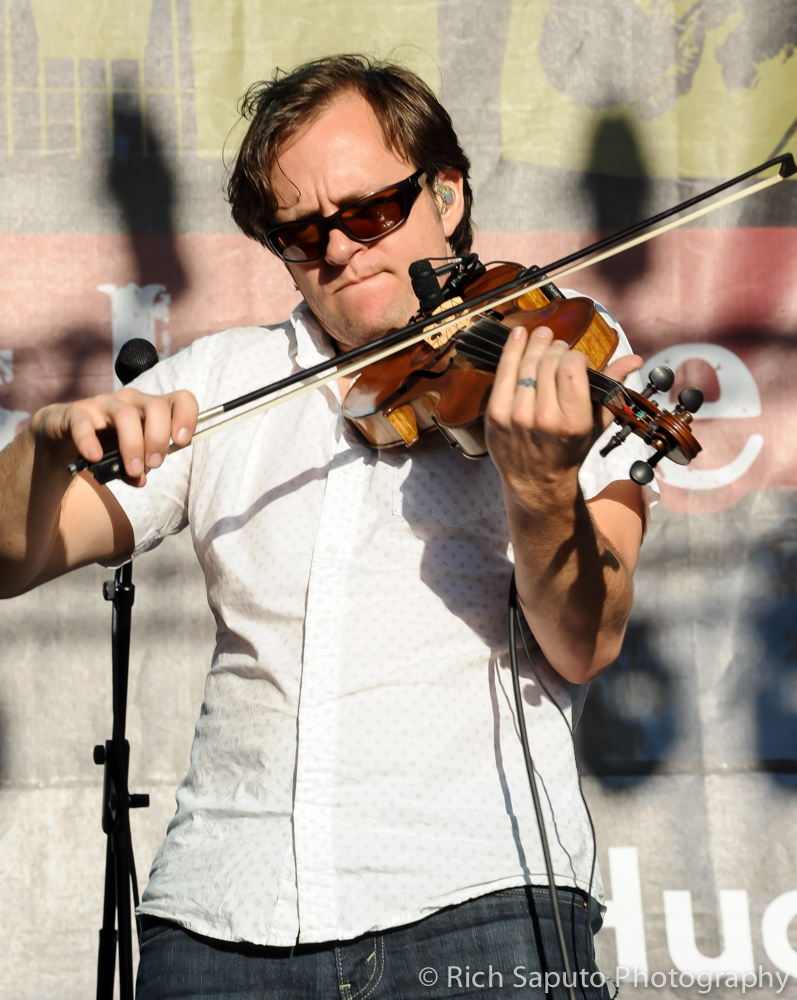
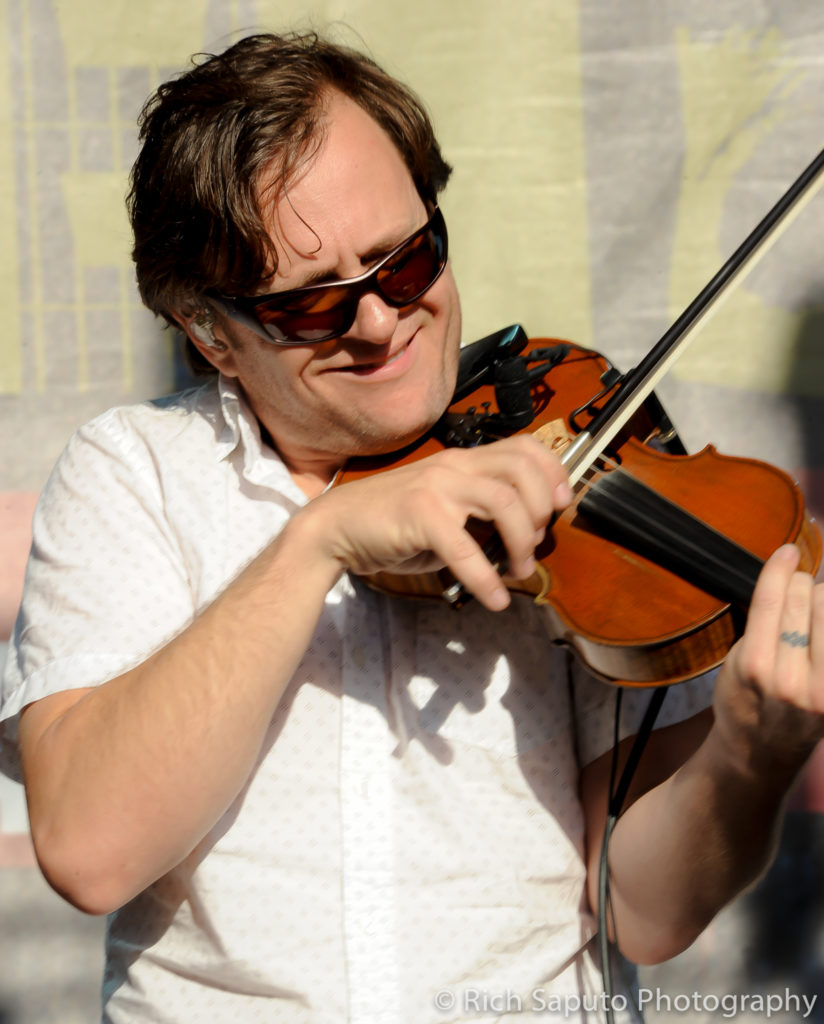

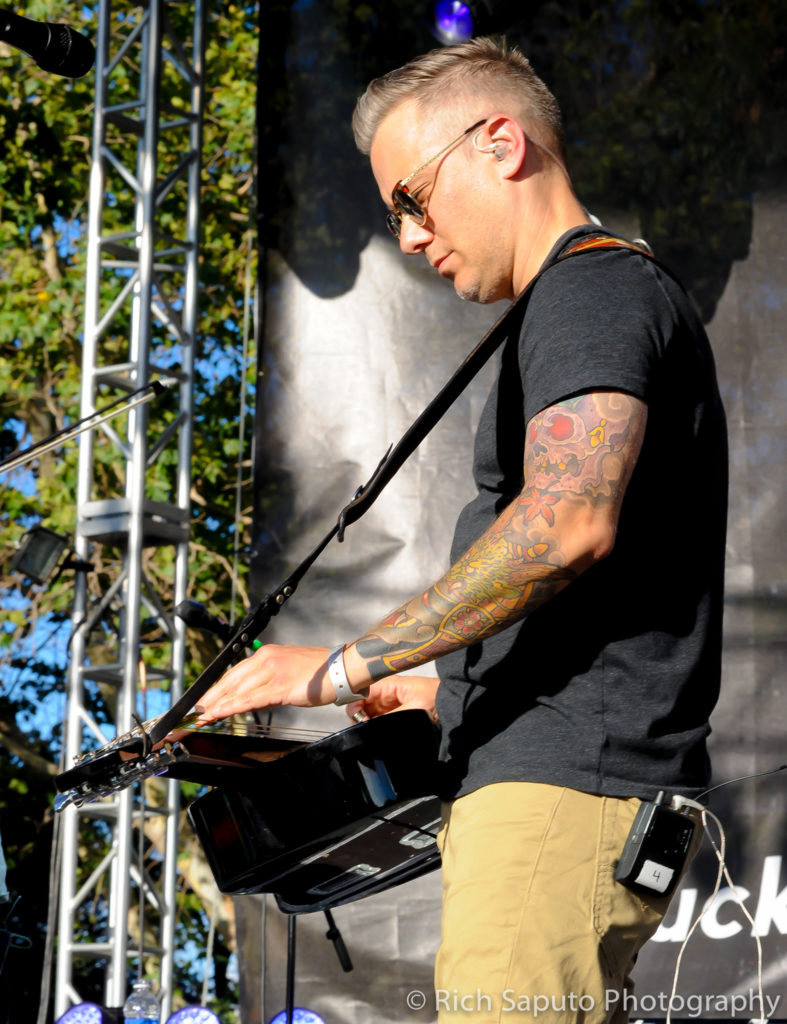

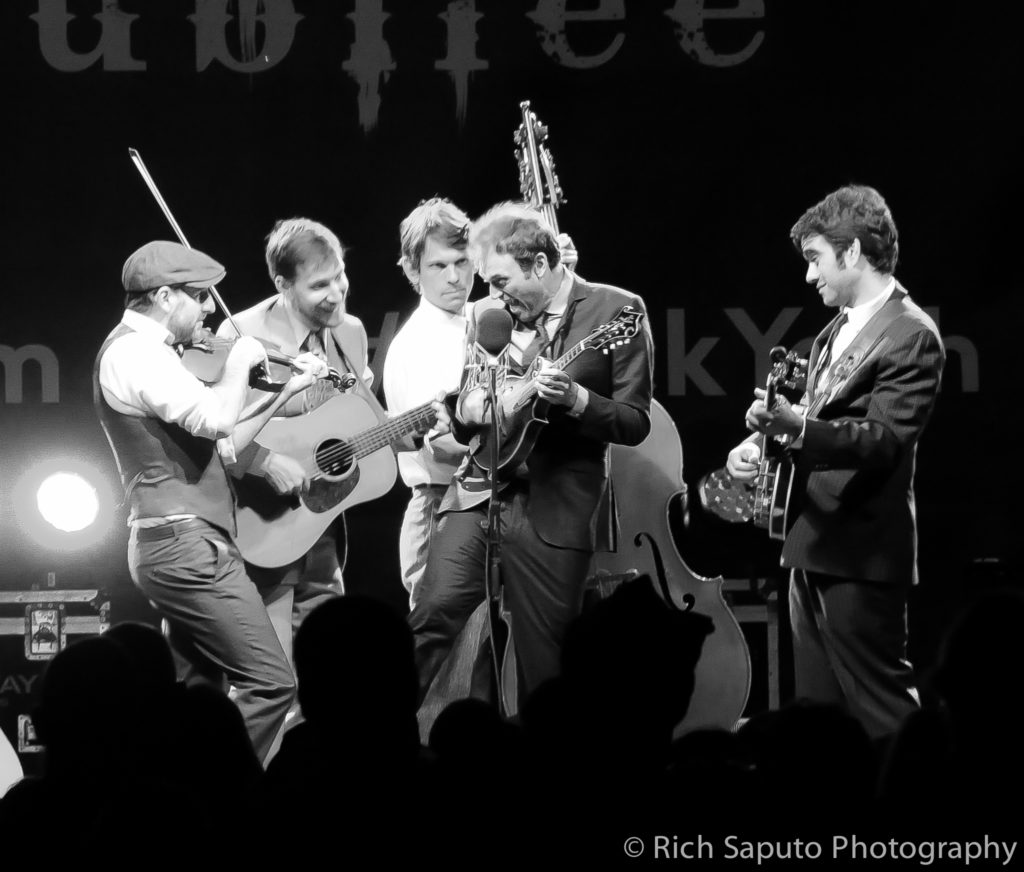

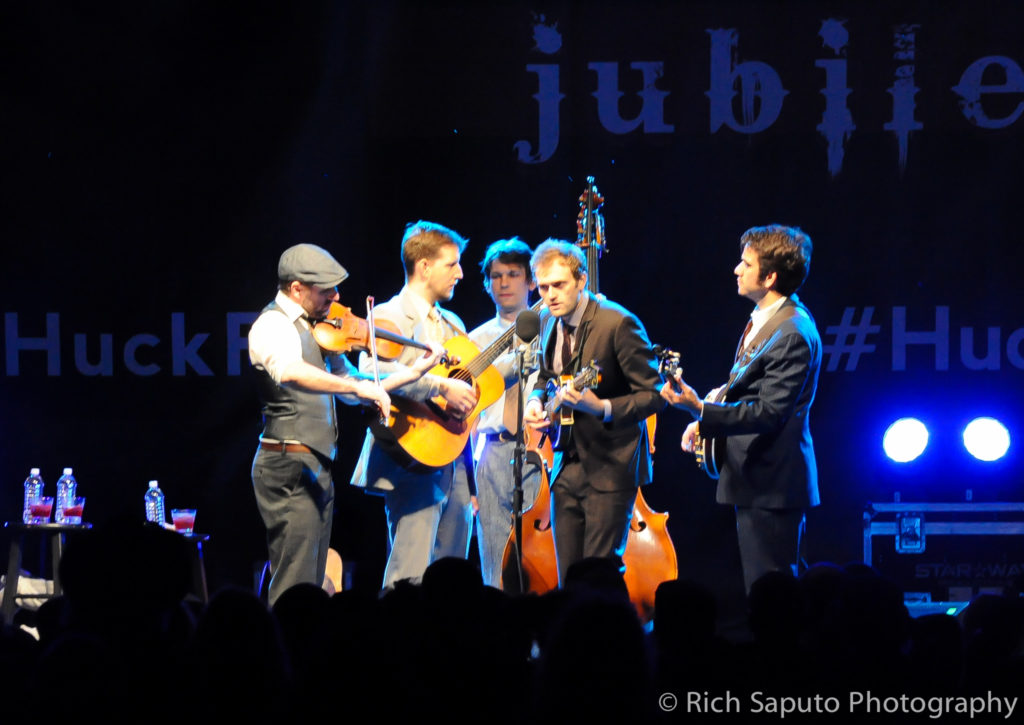
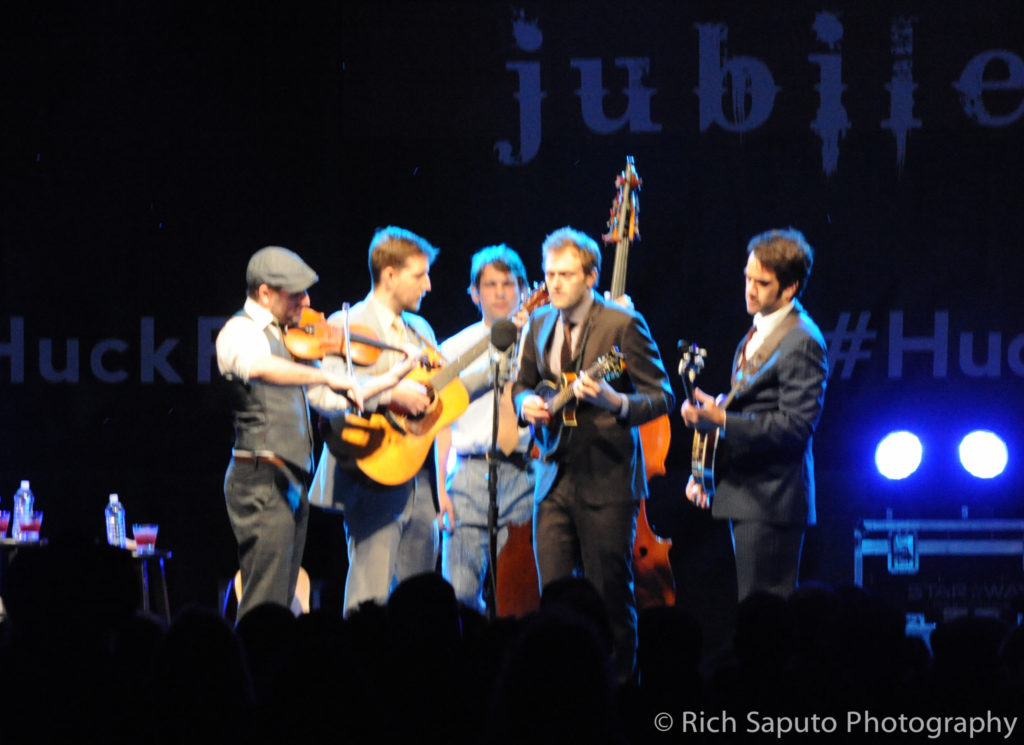
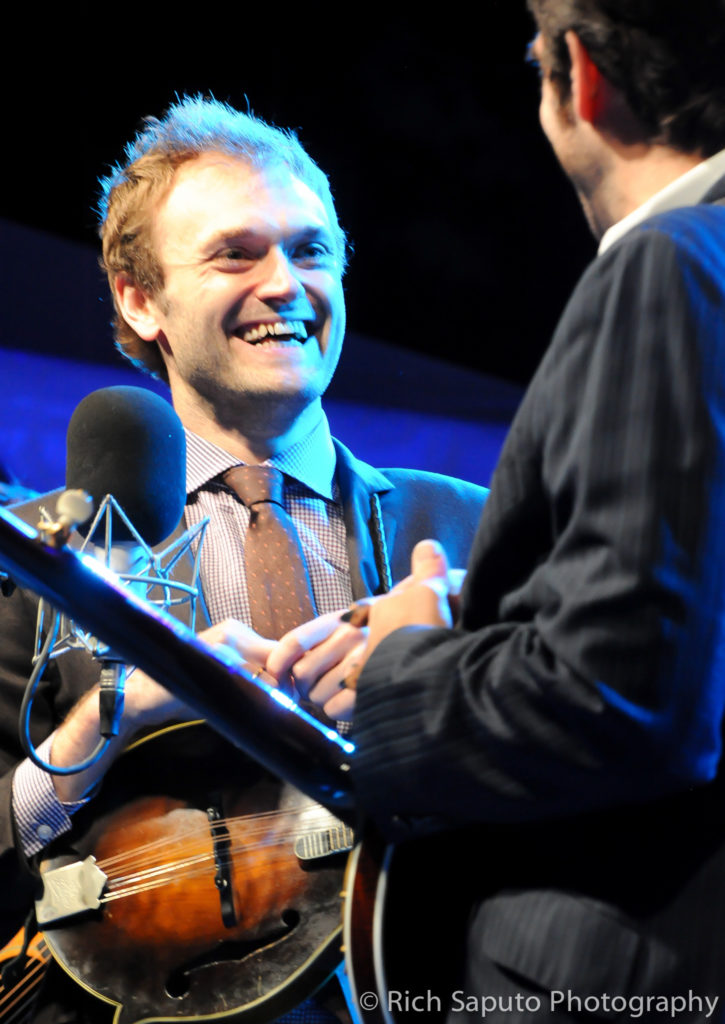

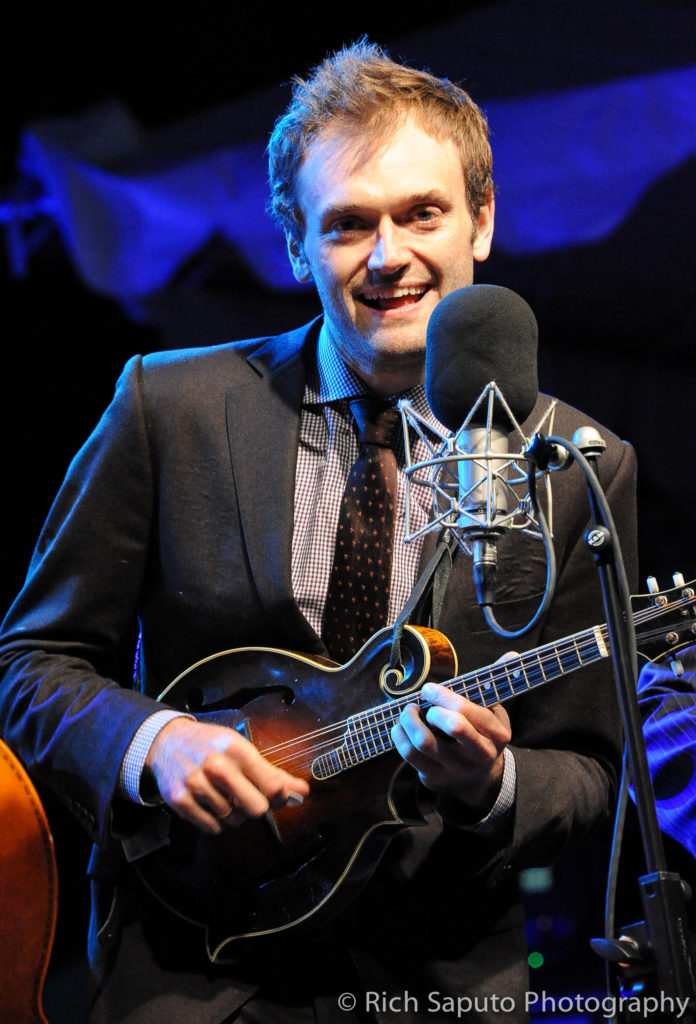
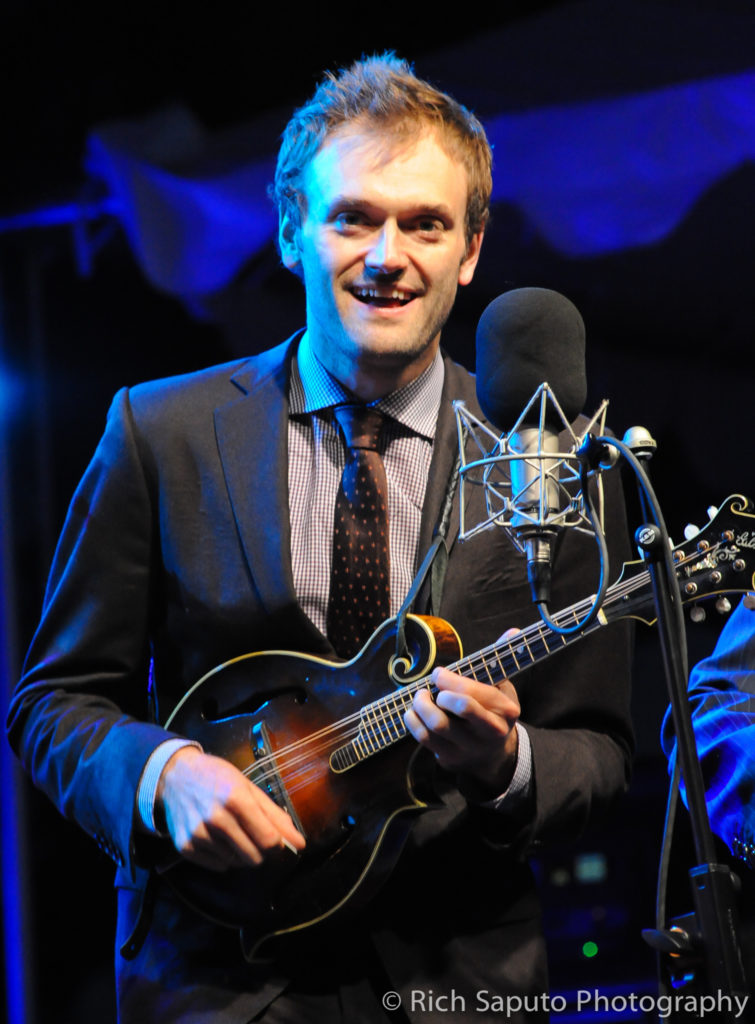
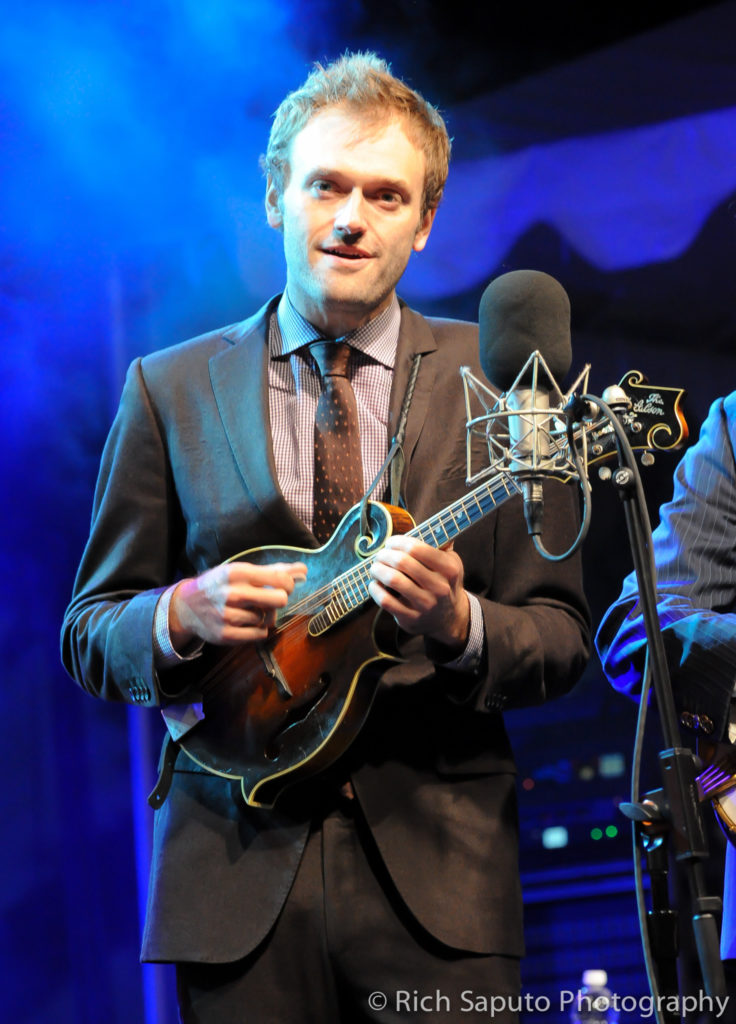
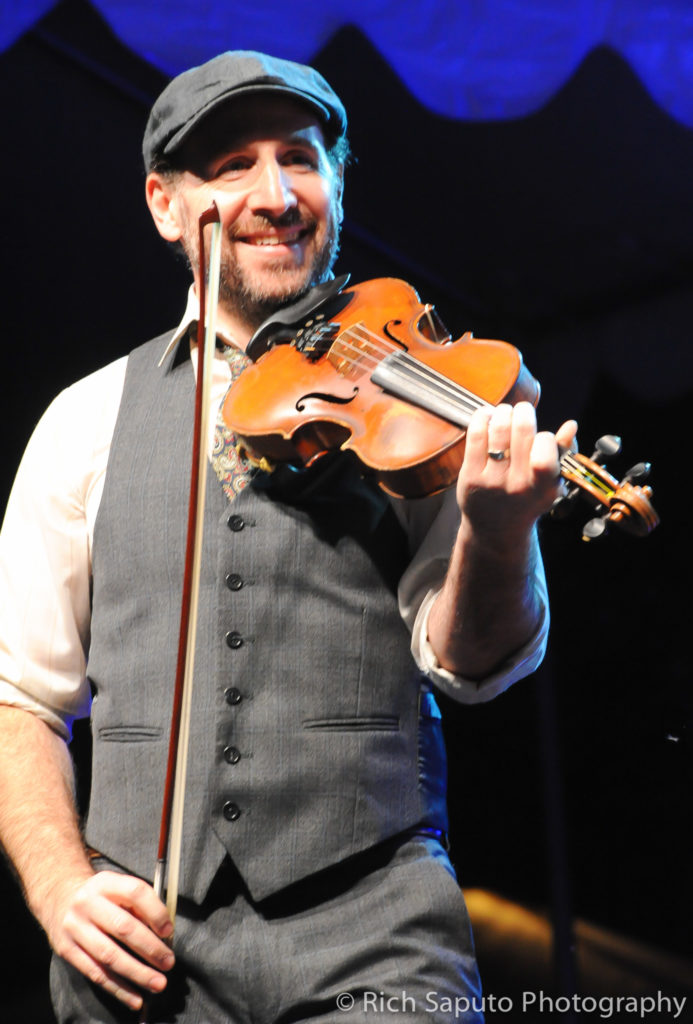
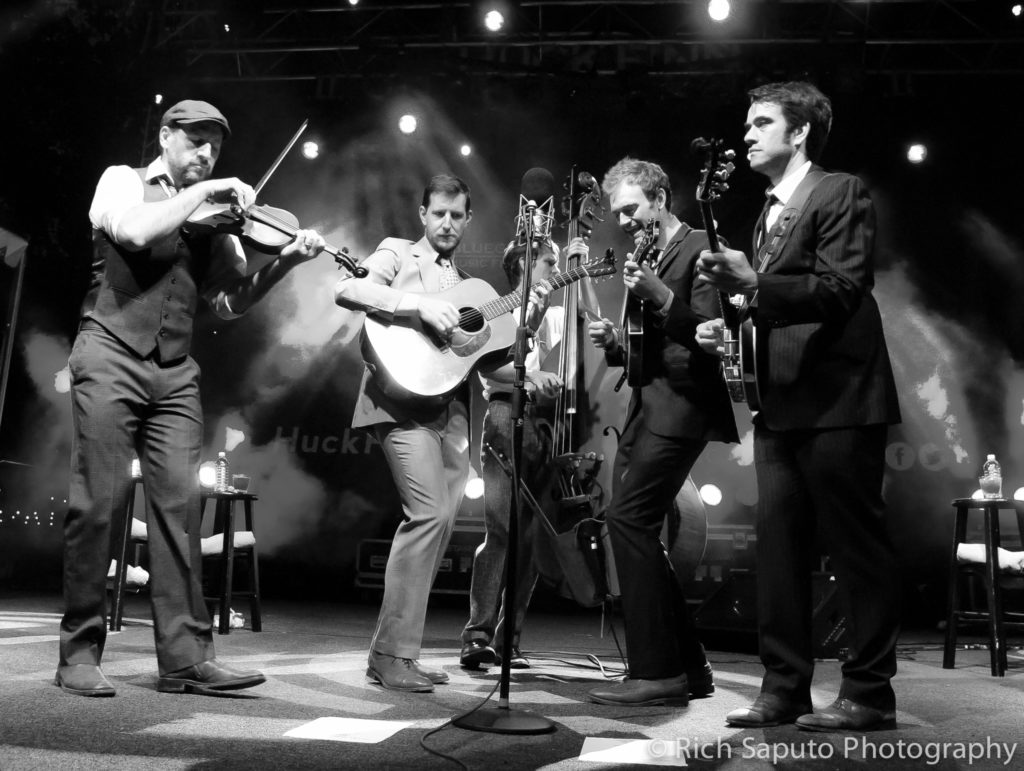
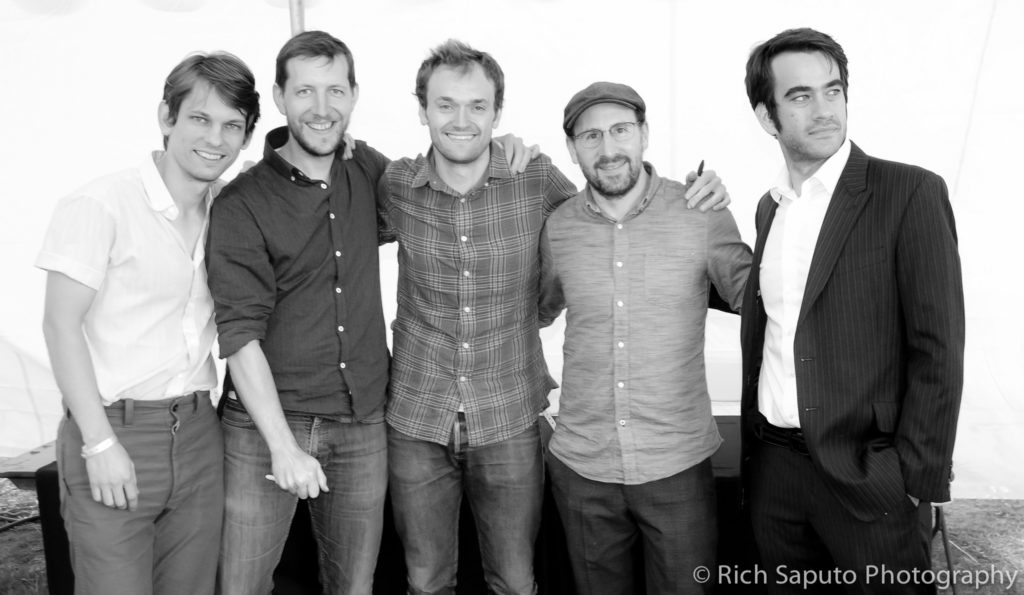

http://bt.etree.org/details.php?id=587026